If a cafe wants to enforce a “no phones” rule, they can do so relatively effectively. If a website wants to enforce a “no robots” rule (especially if they also want to not require any login to view the content on the site) they can ultimately only pretend to be able to do that effectively.
But you’re again conflating the issue of consent and enforcement. There are things we are able to do but we know to ask first before we do them. The fact that something is possible doesn’t mean that it’s allowed. The fact that something is not easy to enforce against does not make it okay to do it anyway.
What about public parks? Is it okay to walk around you while you’re having a conversation and record you, and then post that conversation on-line? Is it okay to use directional microphones to record you in such a setting? Doesn’t the whole recording-in-the-park thing from the Conversation give you the creeps?
Are you saying that the fact that something is difficult to enforce against makes it okay to do, even if the person you do this to does not want it done?
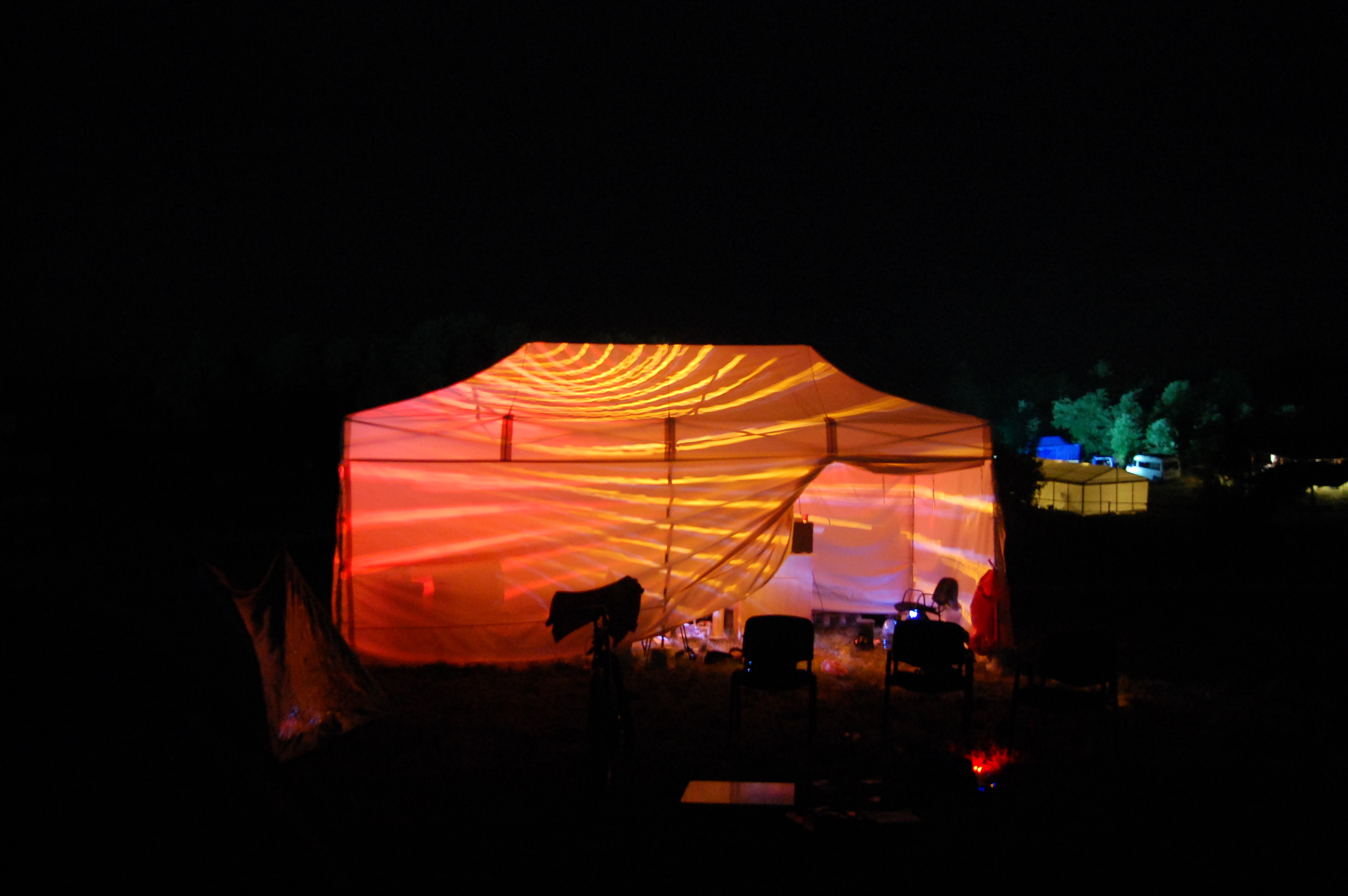


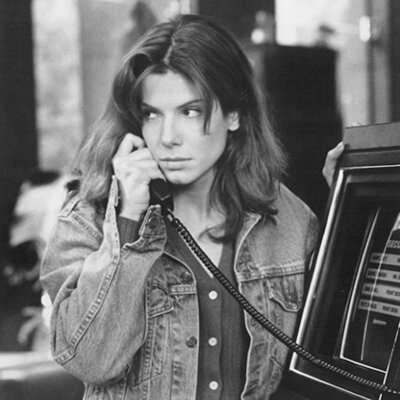
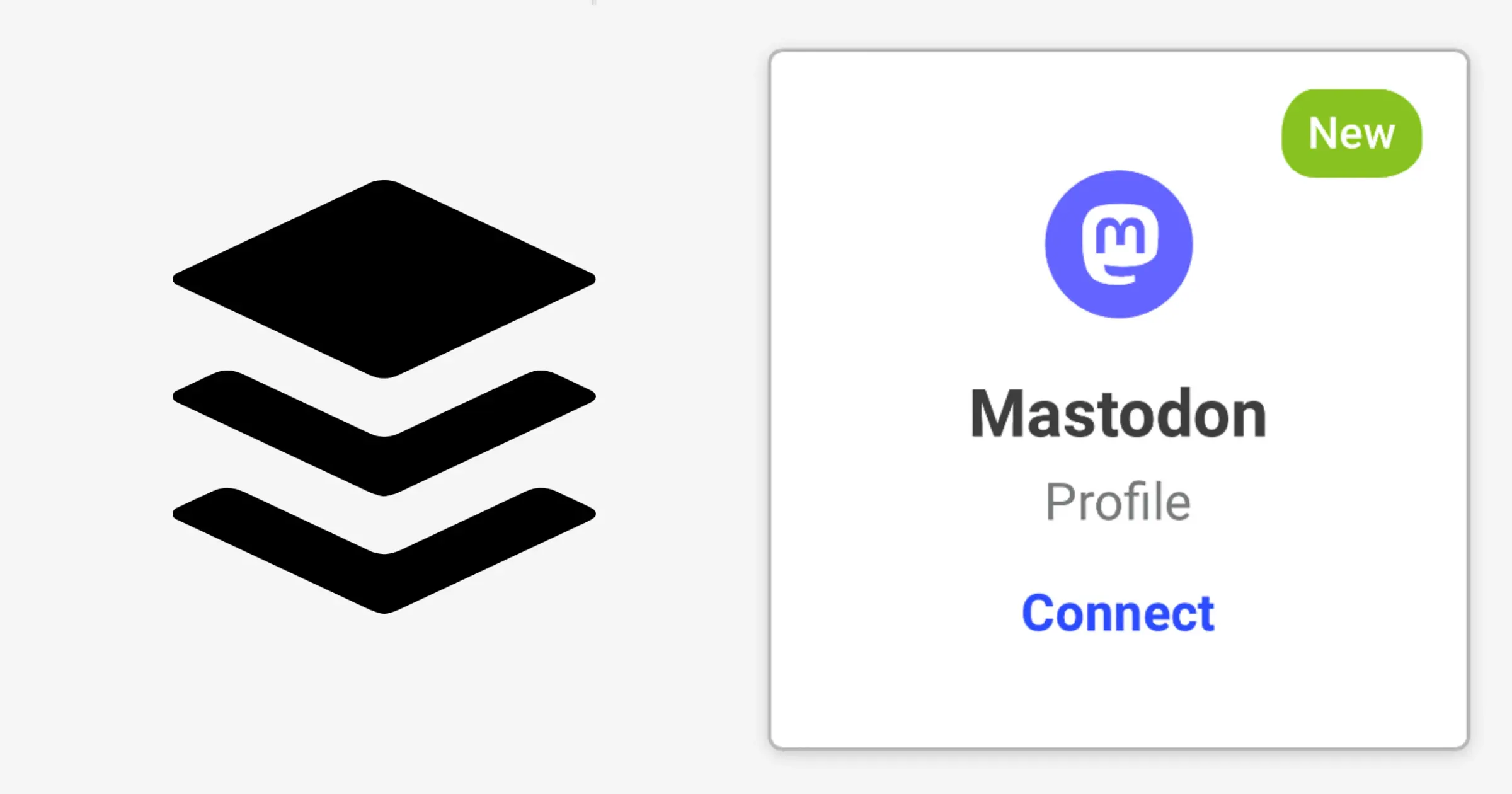




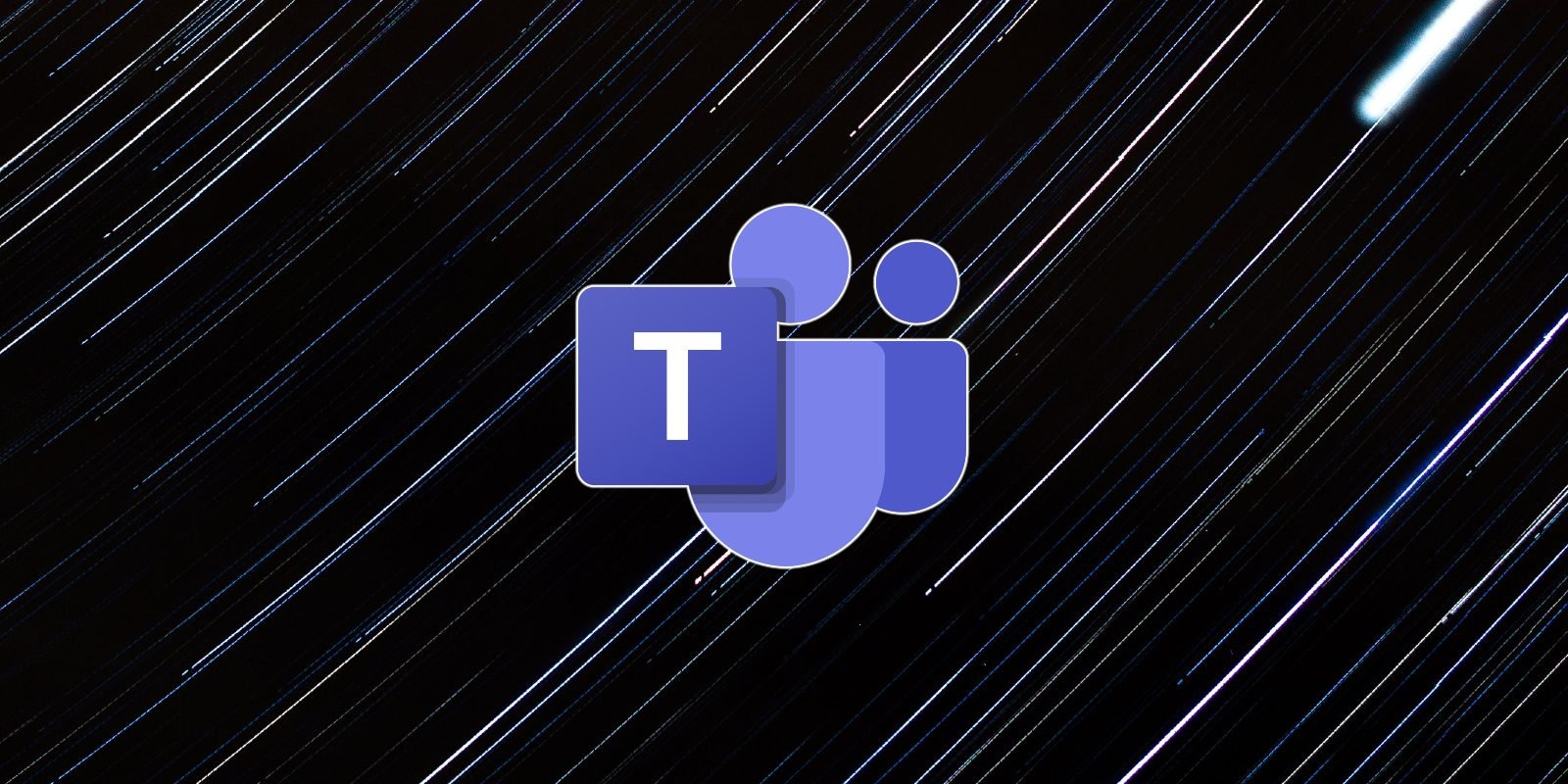
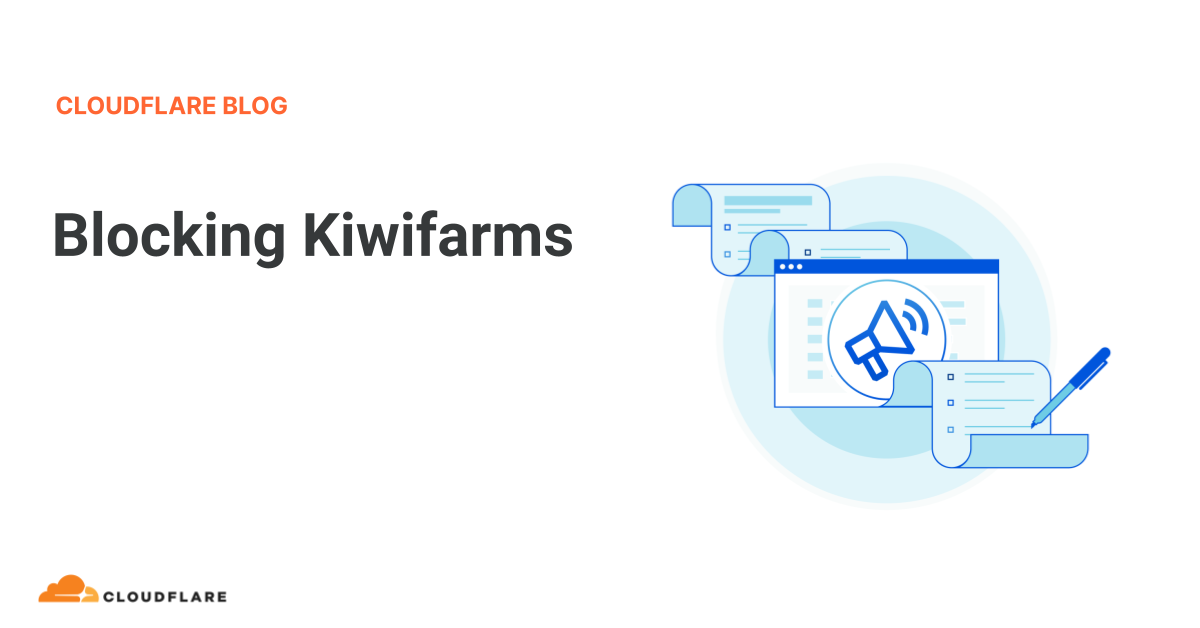
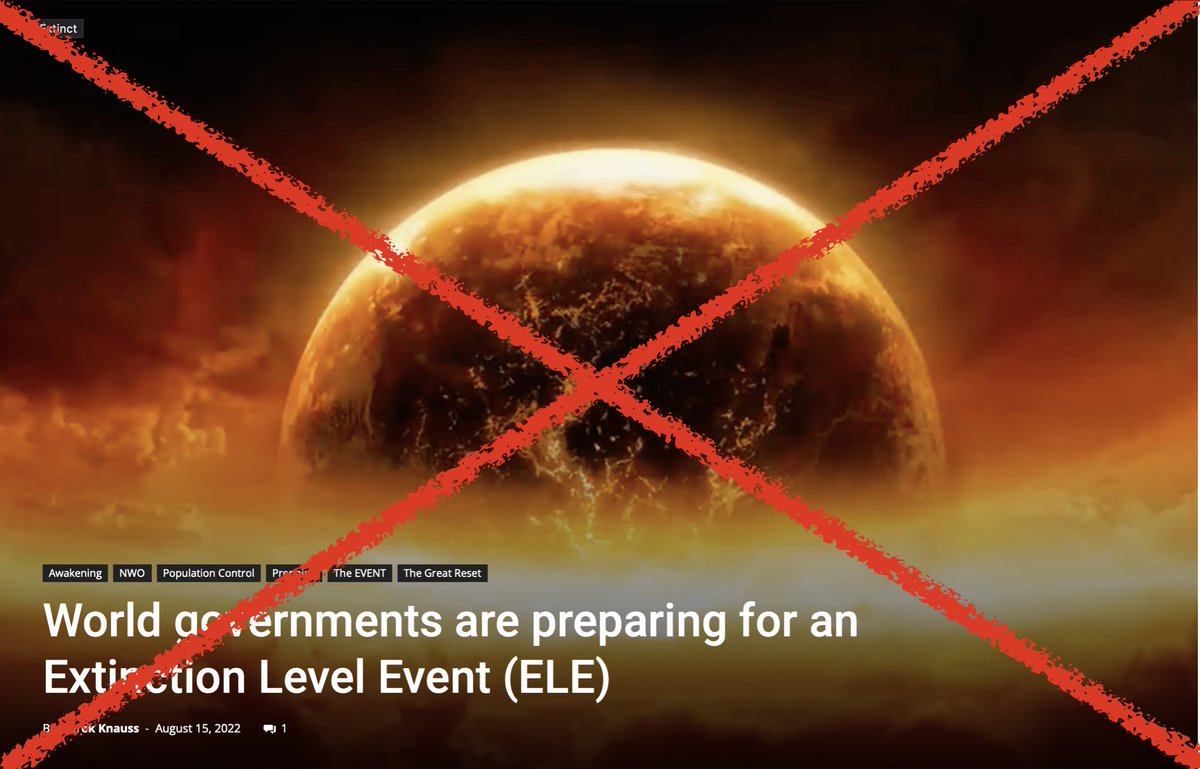
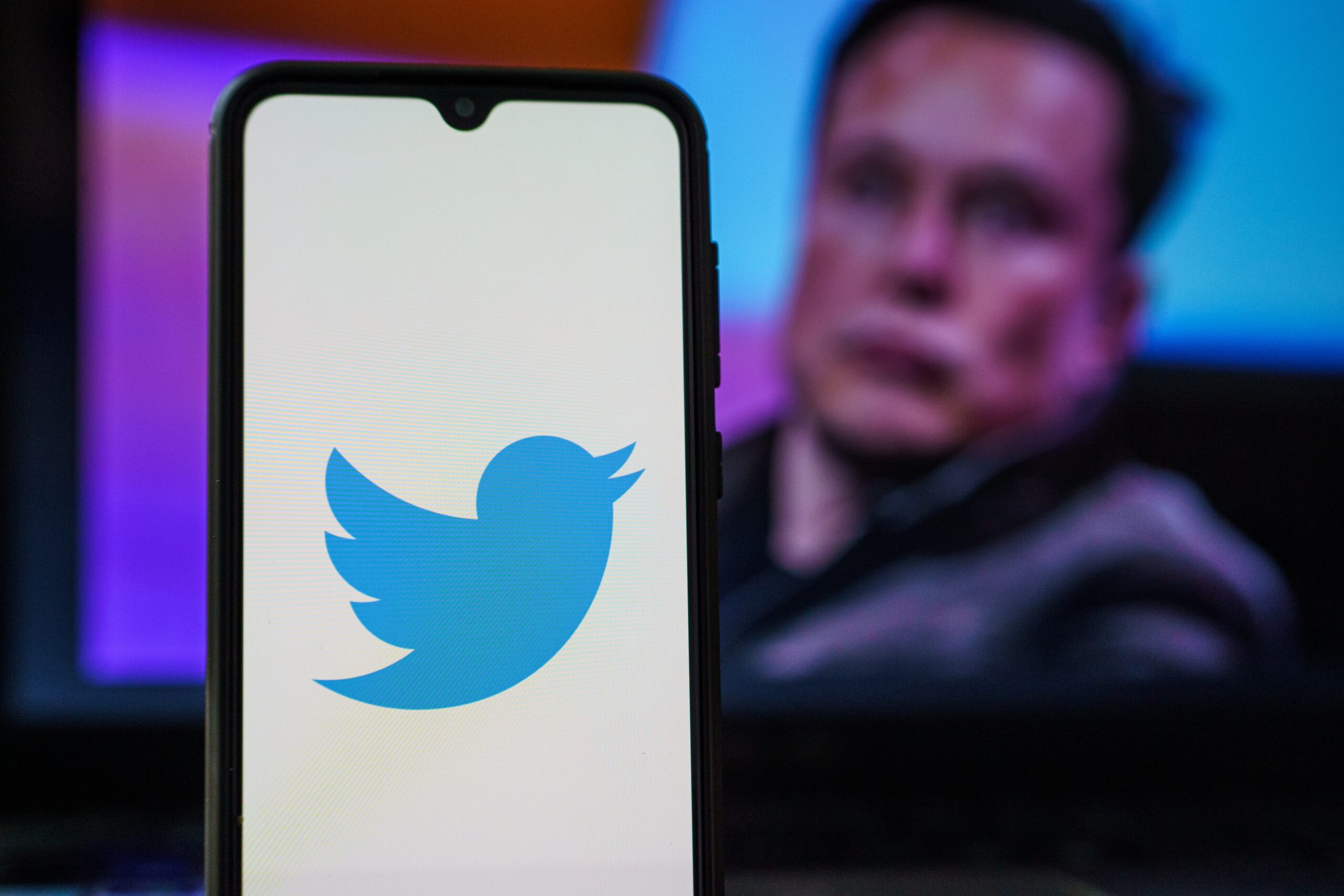
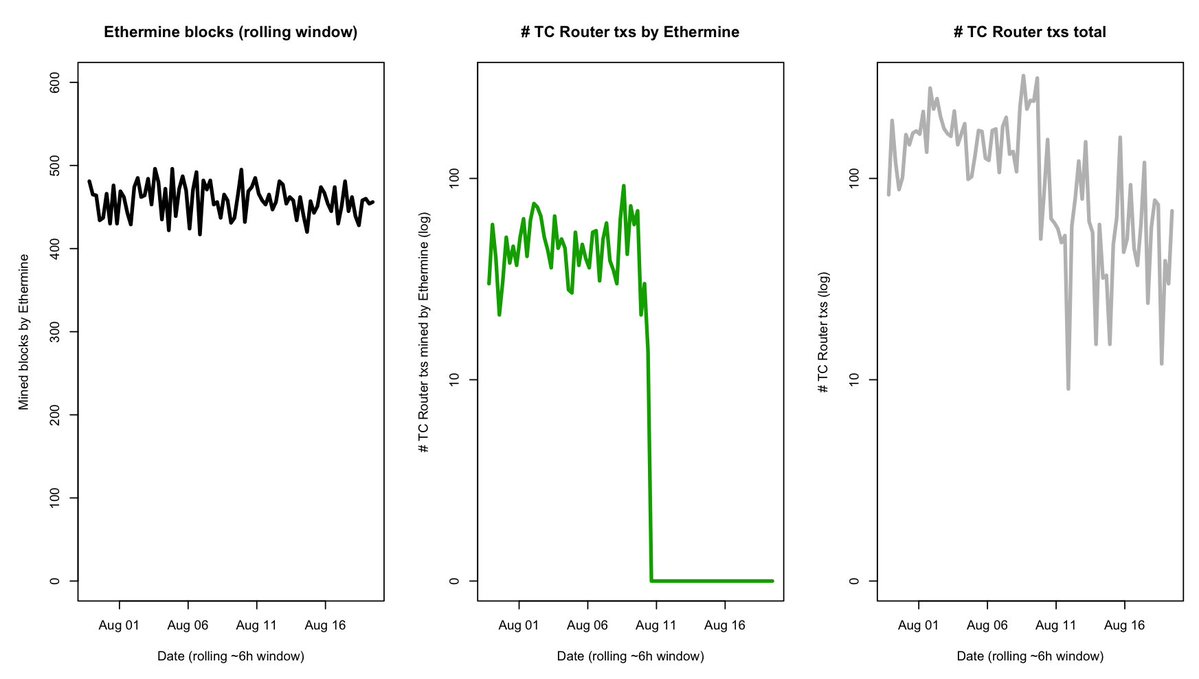

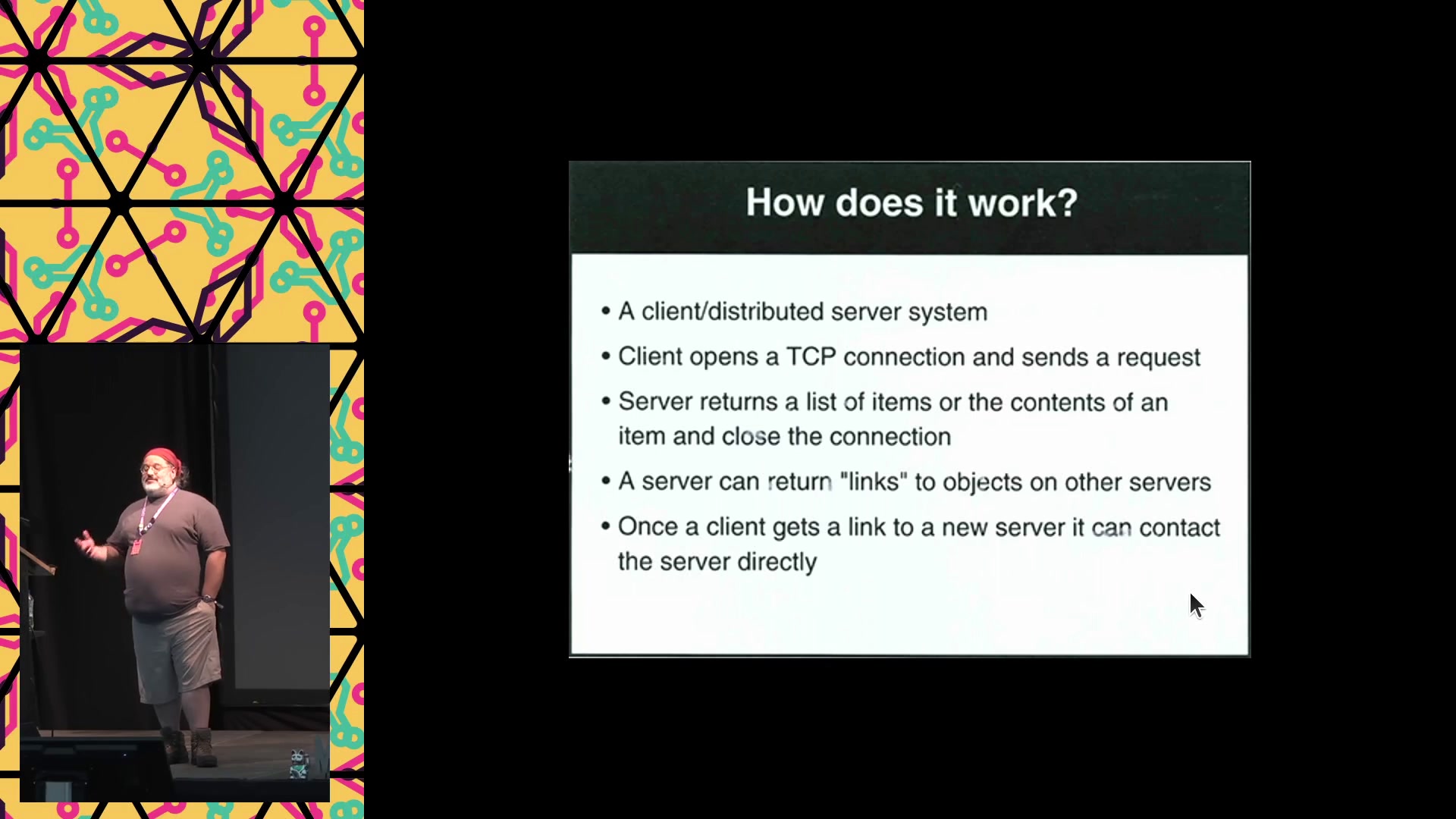
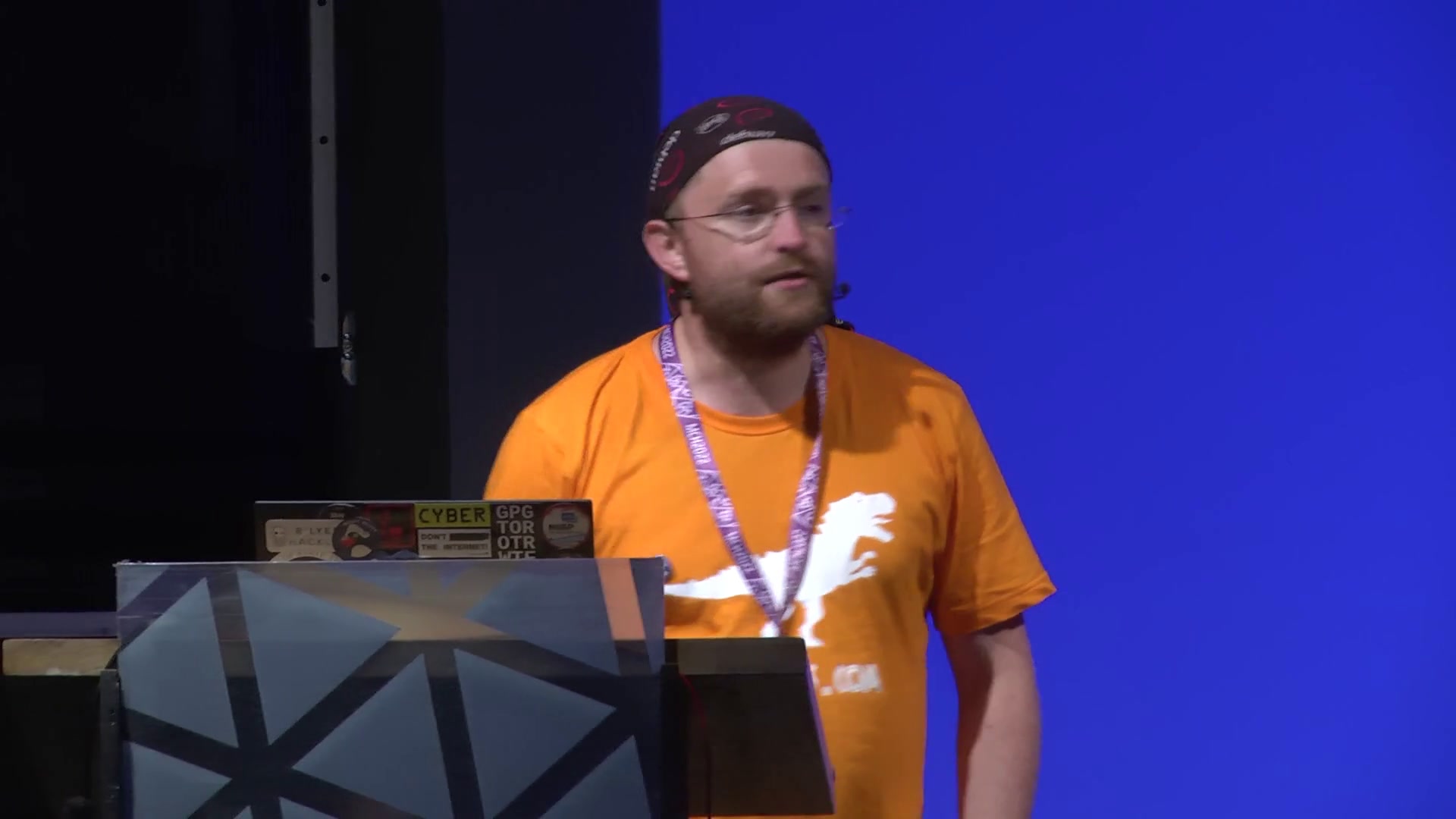


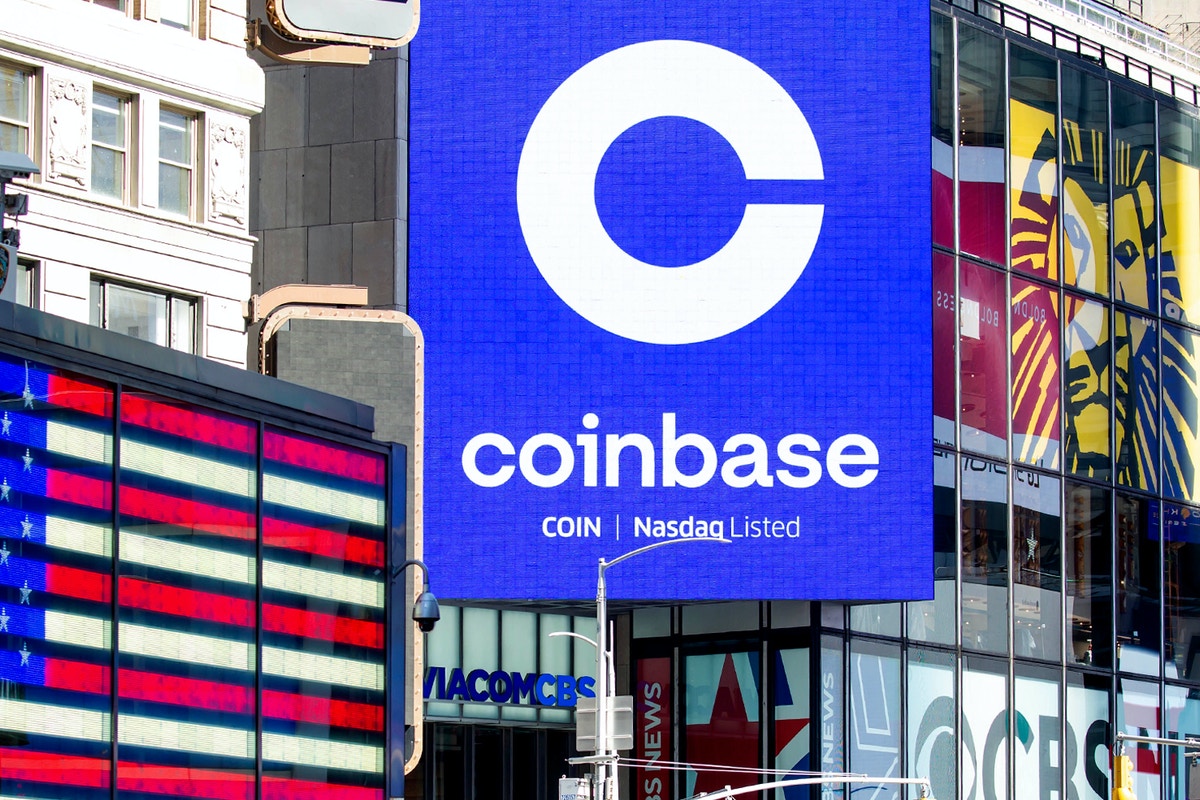


Link?Thanks for adding the link! Neat!However:
Fuck patents.